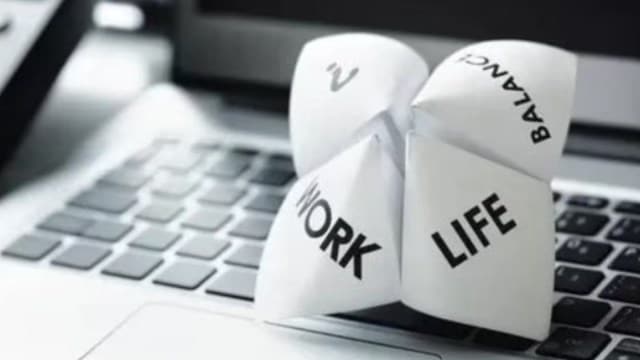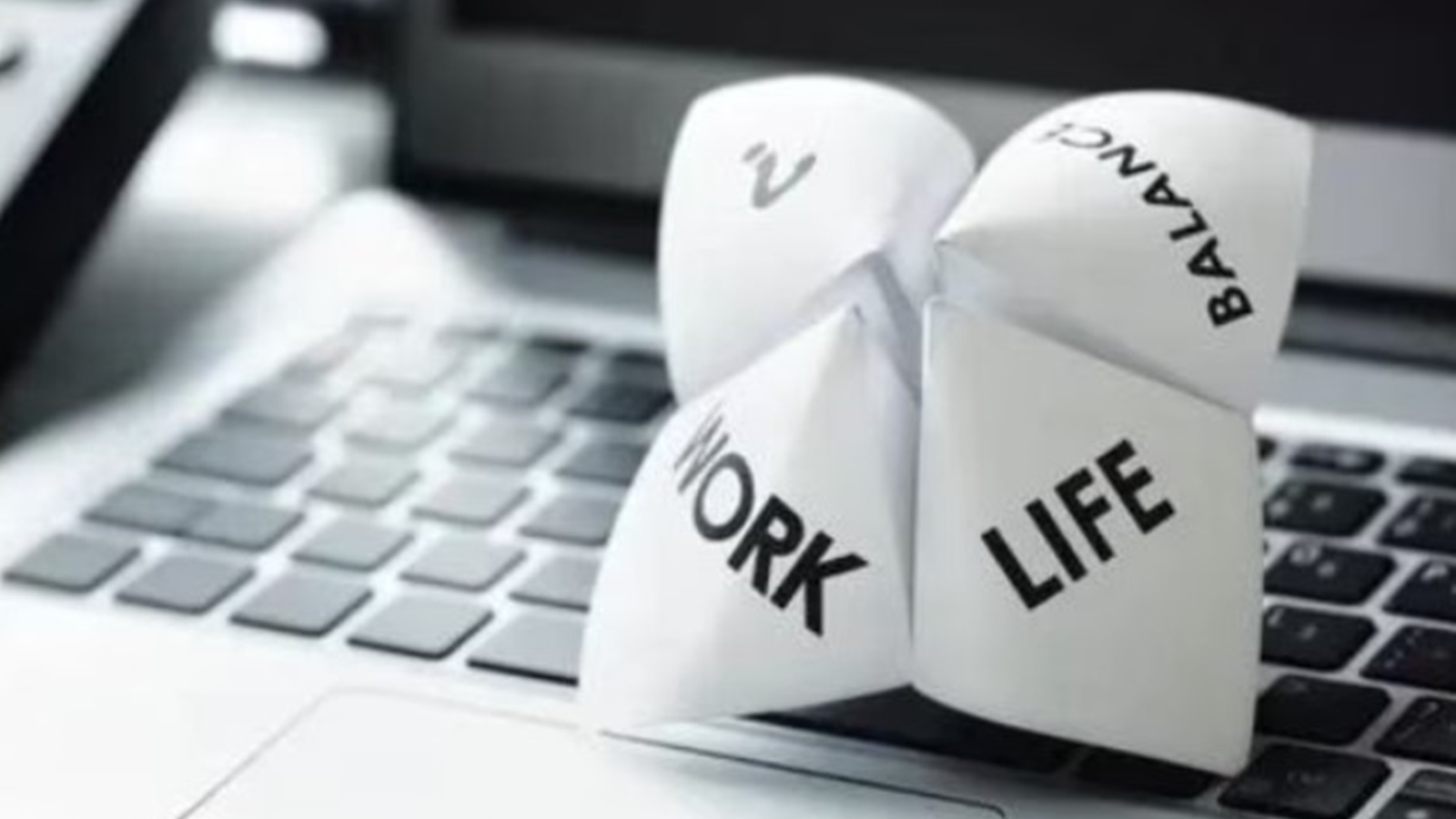
Ever since the pandemic, people across the globe have been celebrating (or if you’re a boomer, mourning) the death of “hustle culture”: The idea that success requires relentless work and long hours, which dominated the early 2000s, fueled by Silicon Valley’s glorification of sleepless tech entrepreneurs. But even as the appeal of the daily “rise and grind” is fading in the West, it’s not just alive, but thriving in India.
Take, for example, the tragic case of Anna Sebastian Perayil, the Ernst & Young employee whose untimely death, allegedly from work stress, has made headlines this week. It’s a heartbreaking story — and the outrage around it is justified. Companies should be made responsible for their employees’ well-being. But let’s face it: Holding only companies accountable for workplace mental distress is, to use another equally grim analogy, much like placing CCTV cameras on an empty street for “women’s safety”. It looks good on paper but it’s a cosmetic fix for a systemic issue. Unless there’s a paradigm shift in how we, as a culture, perceive and glorify work, nothing will change substantially.
At a time when countries like the UK and Germany are piloting the four-day workweek, we are still working some of the longest hours in the world. According to ILO data, Indians work an average of 48-50 hours a week, compared to the global average of 34-36 hours. (And if you’re a woman in India, you have another six hours of unpaid labour to look forward to on top of this, compared to men’s one hour.)
Even that is not enough, apparently. Only last month, an amendment was proposed to the Karnataka Shops and Commercial Establishment Act that increased the maximum length of the workday from the previously mandated 10 to 14 hours — a dystopian length that’s currently being protested by exhausted IT workers in Bengaluru.
The message — even at a policy level — is clear: Hustle harder, because rest is for the weak.
The worst, and perhaps most dangerous part of this is that we’ve internalised this “work is worship” narrative so deeply that we often don’t know any other way to exist. We are so enmeshed with our jobs that anything outside of work seems irrelevant or unimportant. We’re constantly trying to one-up each other in an endless circus of proving how “productive” we are. It starts way before we even begin our careers — from spending our entire twenties relentlessly trying to crack a civil service or a chartered accountancy exam to land a job that “secures” our future and validates our worth in society to getting into top universities only to have bragging rights about being offered our “dream” job, something that we equate with self-esteem. After all, have you really “made it” unless you’re asking “Is a package of 1.5 crores enough to live in Bangalore…” on Quora?
The impact of this is all around us. We are burnt out — India ranks among the highest globally for mental burnout at 59 per cent, compared to the global average of 20 per cent, according to a McKinsey Health Institute report. We are physically ill — cardiovascular diseases are on the rise, especially among the younger population, in part, due to work stress and long working hours. And what exactly are we getting in return? In an economy where the markers of “success” that defined our parents’ generation — a stable job, a house, enough income to raise kids — are already out of reach for most of us, why are we killing ourselves, literally, over a culture that will never reward us in any meaningful way?
It’s time we stop this relentless glorification of overwork and start rethinking what productivity and success truly mean. First, we can start with some accountability. No matter how many Employee Assistance Programmes your company introduces, if you, as a manager, are still rolling your eyes when a team member asks for a “mental health day”, we’re not making any headway into disrupting this culture. Second is to start calling out hustle culture wherever you see it: When your colleague boasts about working till 9 pm for a deadline, or when your family’s Whatsapp Uncle reminisces about how “back in his day, they worked 14-hour shifts”.
The third, and perhaps the hardest, is to evaluate what things we, as a culture, are placing the most value on. Because true “work-life balance” is not just having an equal split between “working” and “non-working” times, it’s about finding more — or the very least, equal — meaning in things that go beyond work, and realising that our jobs, and “hustle culture” is not the only and “correct” way of life.
The writer is a social impact consultant, specialising in mental health, public health and health behaviours



